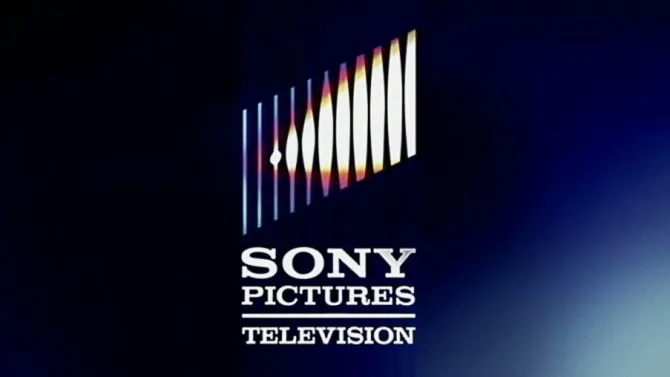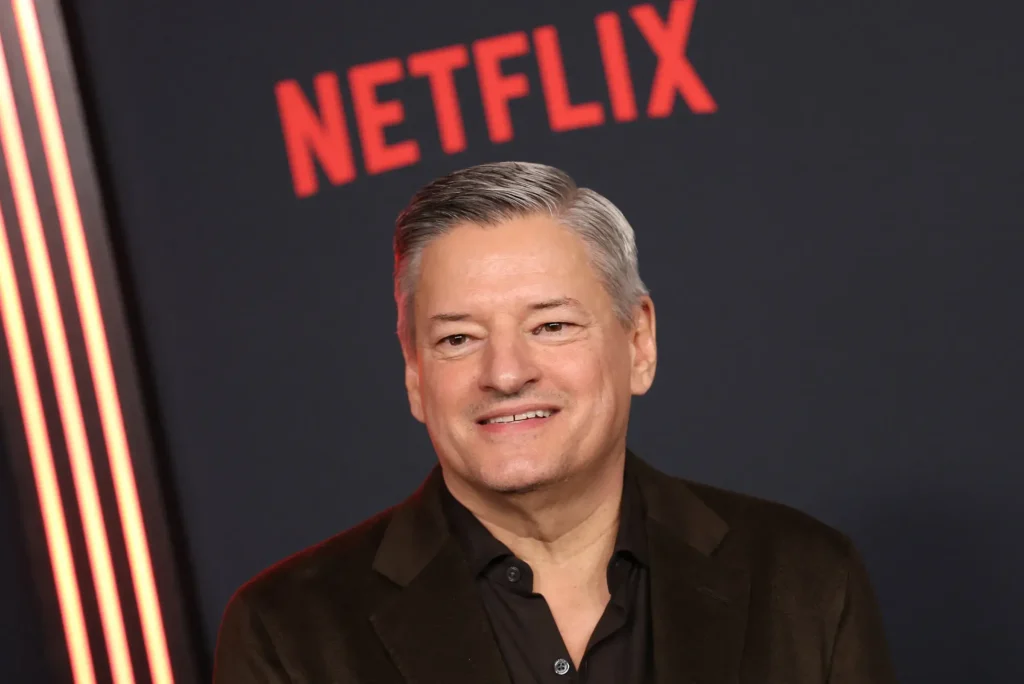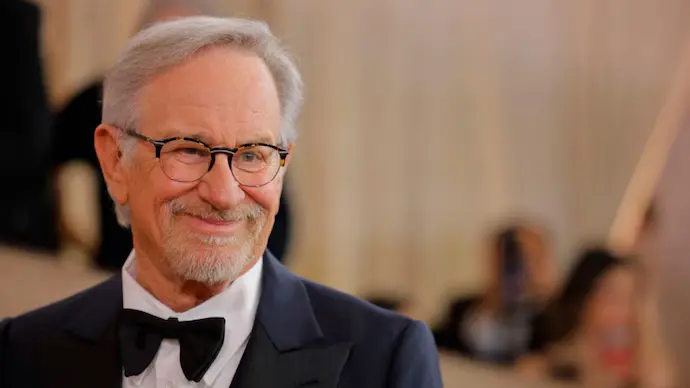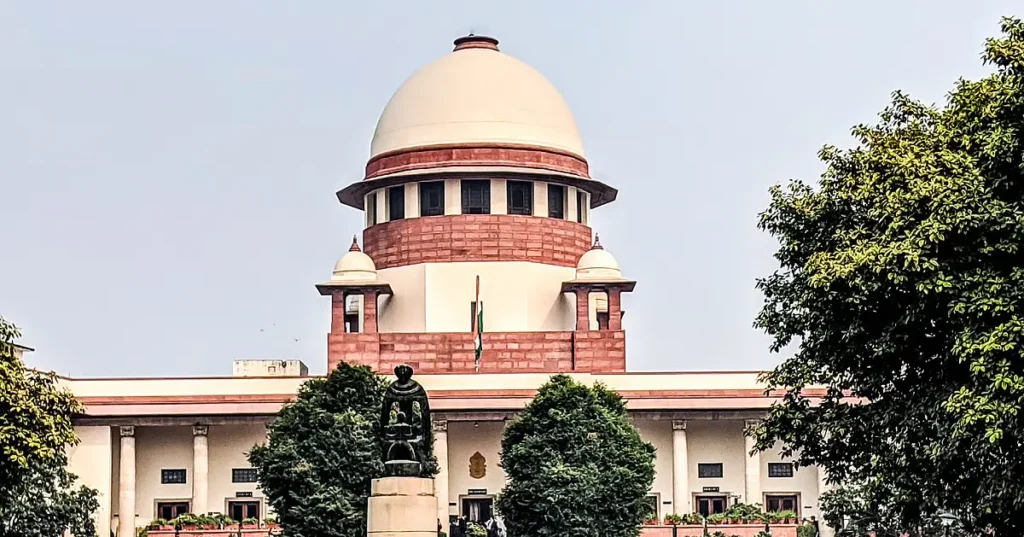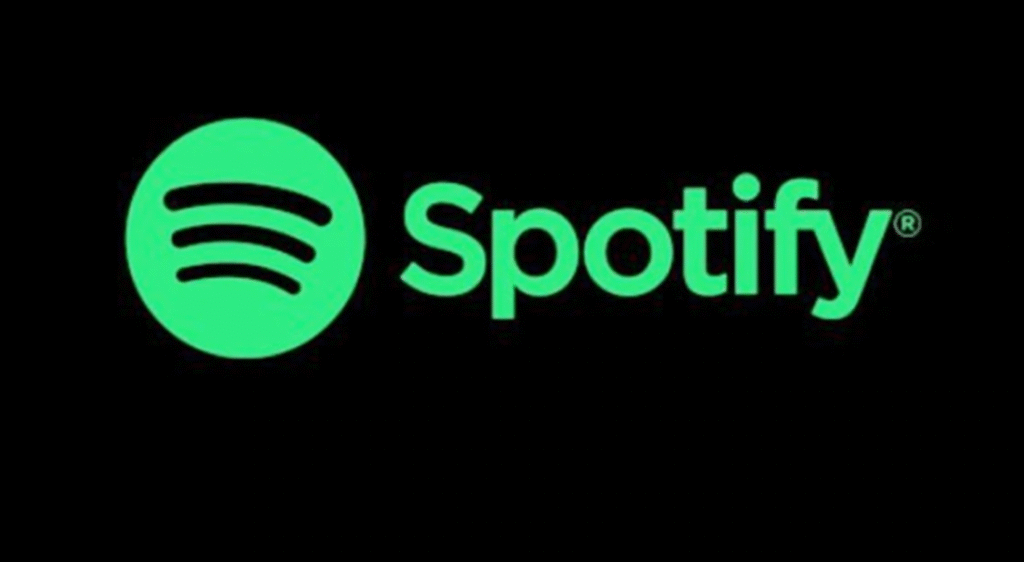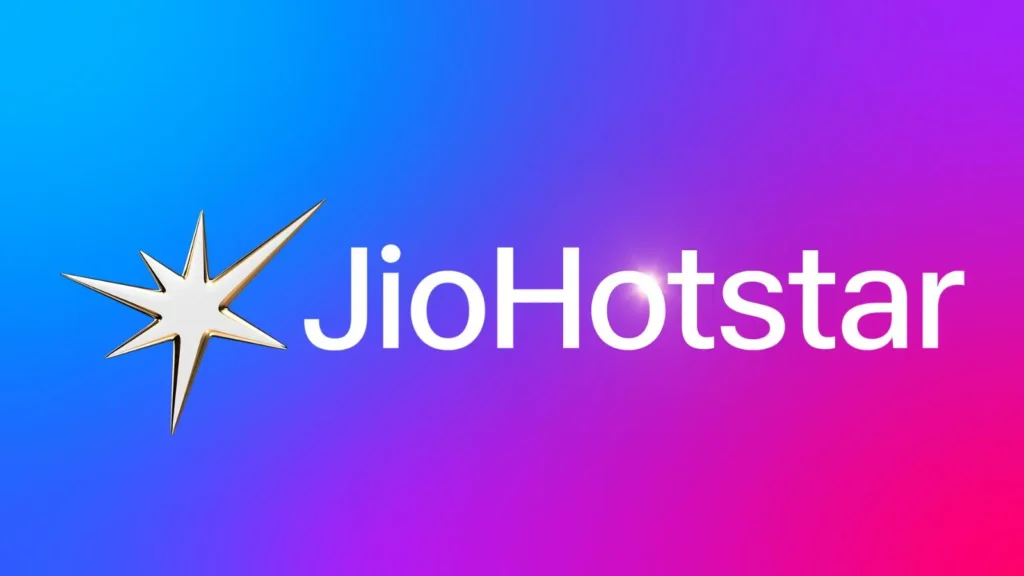Sony Pictures Networks India Consolidates Regional Businesses to Drive Language Market Expansion
Broadcaster Sony Pictures Networks India (SPNI), the consumer-facing arm of Culver Max Entertainment, is undertaking a major internal restructuring to bring all its regional television and content operations under a single umbrella. The move is aimed at accelerating growth across language-specific markets, according to documents reviewed by The Economic Times. In a key development, unsecured creditors of SPNI last week unanimously approved the proposed merger of Bangla Entertainment with Culver Max. Both entities are indirect, wholly owned subsidiaries of Sony Group. The approval was recorded in a report submitted to meeting chairperson Ritesh Khosla, an SPNI executive appointed by the Mumbai bench of the National Company Law Tribunal (NCLT). Bangla Entertainment, which focuses on licensing and syndicating audio-visual content, including Bengali programming, had earlier transferred its broadcasting business — including channels such as Sony Aath and Sony Marathi — to SPNI through a slump sale. The proposed merger is expected to formalise and complete that consolidation process. On December 11 last year, the NCLT directed SPNI to convene a meeting of unsecured creditors to consider the amalgamation scheme under Sections 230 to 232 of the Companies Act, 2013. While the assistant commissioner of Central Goods and Services Tax has filed an interlocutory application in the matter, it remains pending. Industry experts noted that such filings are typically linked to outstanding or contingent tax claims and do not automatically obstruct approval of merger schemes. The restructuring comes amid broader operational changes at SPNI, including senior management reshuffles and cost rationalisation efforts. The company has reportedly laid off more than 100 employees as part of these measures. The boards of both companies had approved the merger proposal on June 19, 2025. According to the companies, the consolidation will create a financially stronger entity by unlocking synergies and operational efficiencies. It is expected to enable better monetisation of Bangla Entertainment’s content library, drive expansion in regional broadcasting and audio-visual markets, and streamline regulatory and administrative processes through unified licences and compliance structures. As per tribunal records, SPNI has 1,190 unsecured creditors, of which 135 had outstanding balances exceeding ₹10 lakh as of March 31, 2025. Bangla Entertainment, the transferor company, reported no secured or unsecured creditors at the time of filing the scheme application. Source: Economic Times

